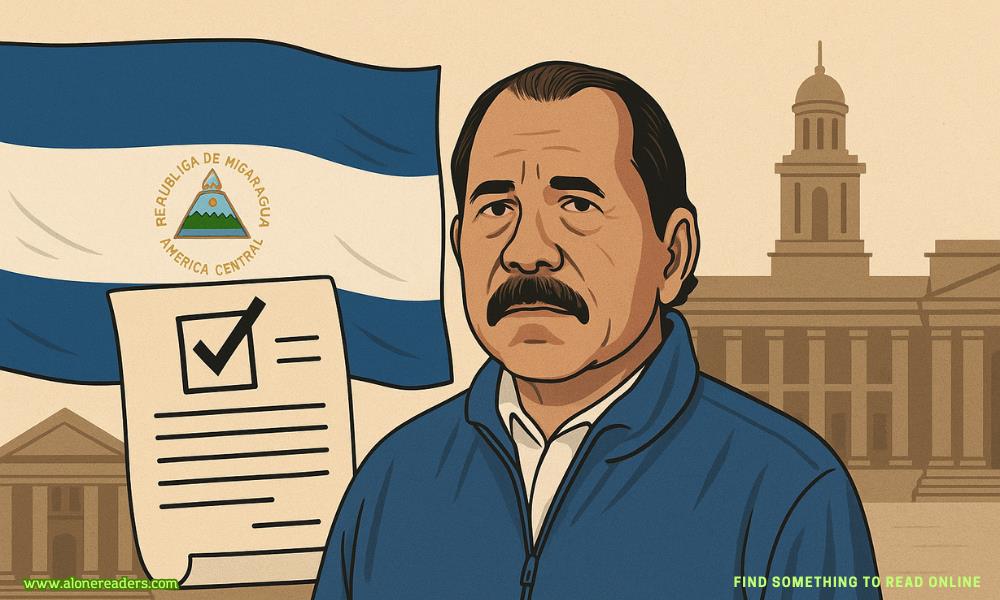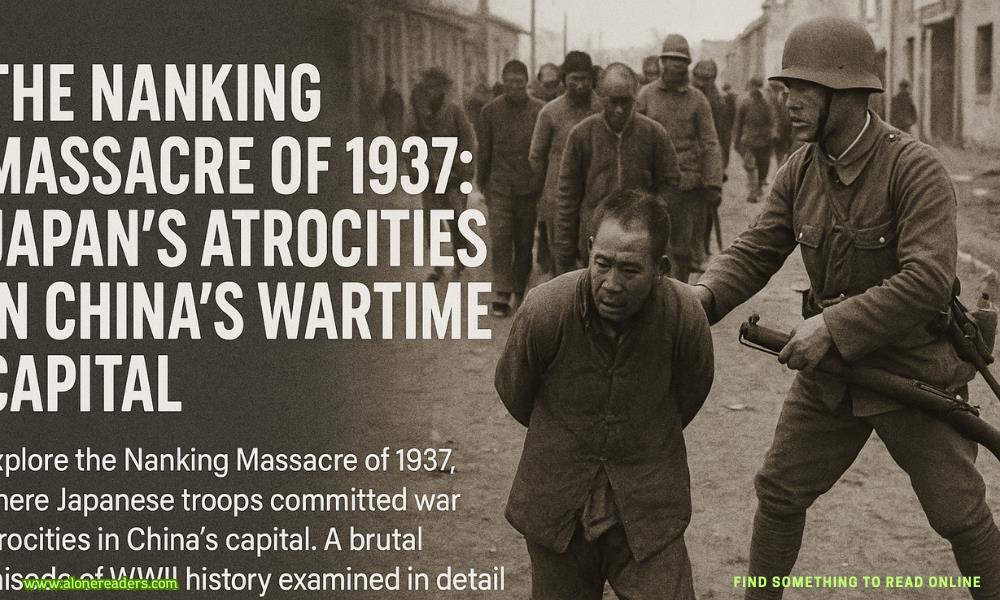Page 32 of This Cruel Fate
“Shouldn’t I be there to hear it?”
The priest smiled. “I believe we have more important things to discuss.”
Another fork in the road. Xolia glanced behind her, back to where Marshall waited. Turning back to him would be choosing what she had been chasing for seven years. Maybe she wasn’t meant to find her happiness that way, with Marshall. With a job that didn’t appreciate her. She turned back to the priest. “Lead the way.”
He led her deeper into the seemingly never-ending hall and past multiple doors until they turned right into a space which housed a single red door. The priest opened it and waited by the door until Xolia stepped inside. It was a spacious office with a large bookshelf full of old tomes and books that were most likely first printings and hundreds of years old. On another set of shelves, reliquaries and trinkets took up all the available space. Xolia was drawn to a chain with a moth dangling at the end of it. Rather than a body, a dagger bisected the insect, with bloodred wings unfurling around it.
It held her attention in the same way the dark-haired man had in the antechamber. There was a oneness between the two, though they were wildly different. The door clicked shut behind her and soft footsteps signaled the priest’s approach. “That’s the mark of the Selermine.”
Xolia turned to him. “The Selermine?”
He nodded. “Sit, please, and share your troubles with me.”
“Right.” They didn’t come in here to look at old religious artifacts, though that was preferable to spilling her guts. Still, she sat down and waited until the priest was sitting in front of the old bookcase. His hands were folded in his lap, and he remained perfectly still.
There were so many places to start, problems that she never dealt with, but she settled on the one thing that encompassed them all. “I’m not happy.”
“Not happy with what?”
“With anything.” Xolia furrowed her brows. “With my life. With this freedom that I fought for, and I can’t seem to figure out what it means.”
“And that’s why you came here today?”
“Well, Marshall said it might help. Things aren’t going well between us”—what a relief it was to admit that— “and we really came here for the counseling.” She huffed out a laugh. “He’d be mad if he knew I was here without him.”
The priest hummed. “Well, now I know why Marshall came here. But why did you come here?”
“I didn’t want to,” she admitted, unable to stop this compulsion to tell this man everything. “But I’m tired of pretending this is what I want. I was happier in the war than I am now.” She stopped abruptly. She hadn’t ever said that before. Not even to Adonis.
“The church may be able to help you, child. Do you really know what Rheathism is? Who Sel is to us?”
Xolia shook her head. She had gone into this without much piety or respect. Seeing someone, an elder, who had devoted four of her lifetimes to the religion made her feel guilty for her blasé attitude.
“I can teach you, because I do believe the church offers guidance to those who need it. We are Sel’s dearest creation, and they wish for their creation to be happy. Maybe you need to look for happiness in other places. What was it about the war that made you happy?”
“Well.” Xolia paused. “I mattered then.”
“And you don’t now?”
Xolia couldn’t answer. It was hard enough to admit to having been happy during a time people had died to end. Everyone she knew bore unseen scars from the rebellion, it was depraved to admit she was happy then, even more so to admit to it for such selfish reasons.
The priest didn’t push or pry for an answer. When it became clear to him that she would not be offering one, he cleared his throat. “I think there is freedom in admitting what we want, and in what makes us happy.”
He stood up and pulled a small book from the shelf behind him and handed it to her. “Here is a book of our history. Your history. Read it and we’ll talk again, Xolia Stone.”
The book was simply titled The Rheathistic Way. Xolia ran her thumb over the gold lettering. “Thank you.”
“Until next time.” He led her out of the office, and she walked on her own through the door to the service chamber, but something stayed Xolia. Instead of joining the rest of the congregation, she walked back to the painting of the enraged man. She swore fire burned and writhed in his eyes and the corded muscles of his arm bulged and moved in front of his face.
She stood there until she heard Marshall’s uncertain call. “Xolia?”
“Marshall.” They faced each other, surrounded by candles and glass and paintings. Freedom is admitting to what you want. It was time she admitted the truth. “We need to take a break.”
Chapter Fifteen
The entire walk home was punctuated with Marshall’s protests and begging for her to change her mind. “We’re just going through a rough patch. We’re going to be okay,” he pleaded with her as they stepped out of the subway car and onto the dingy platform.
“Can we just wait to talk about this until we get home?” Xolia asked. She could practically feel the judgement from onlookers.
- Lily and the Duke by Carole Mortimer
- Claimed By Daddy by J.L. Quick
- Room One Hundred and Twenty-Five: All Access by Layne Daniels
- Pleasing Him by S.E. Law
- Knocked-Up Bratva Bride by Veda Rose
- A Touch of Fate by Cora Reilly
- Tamed By A Knight by Lena Little
- Forced & Knocked-Up Bratva Bride by Lexi Carter
- Forced Innocent Bride By the Bratva by Lexi Carter
- Chain Me by Bianca Cole
- Dirty Little Sinner by Samantha Barrett
- Sinister Promise by Zoe Blake
- Black Flag by Shey Stahl
- Happy Hour by Shey Stahl
- How to Deal by Shey Stahl
- Love Complicated by Shey Stahl







